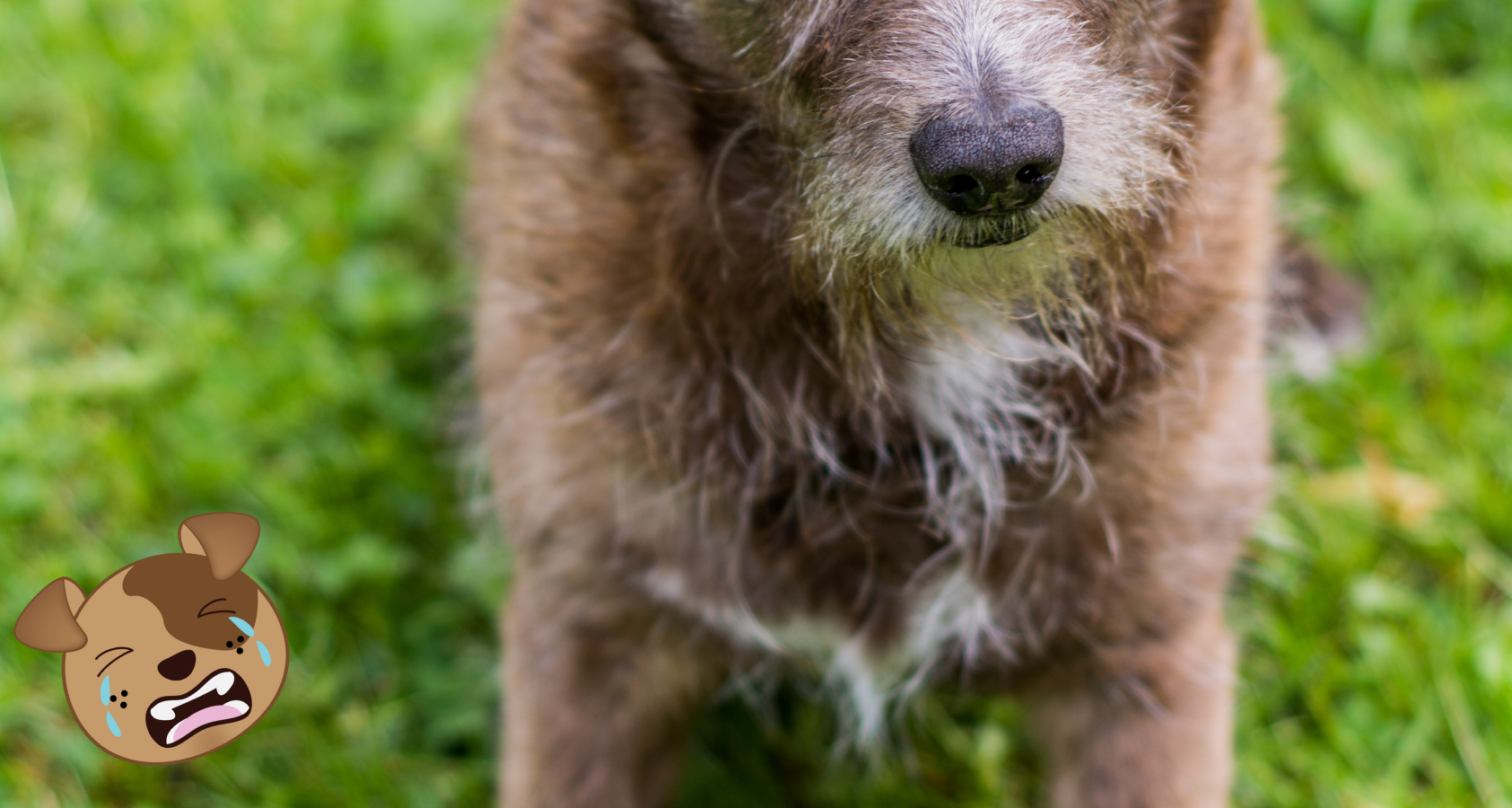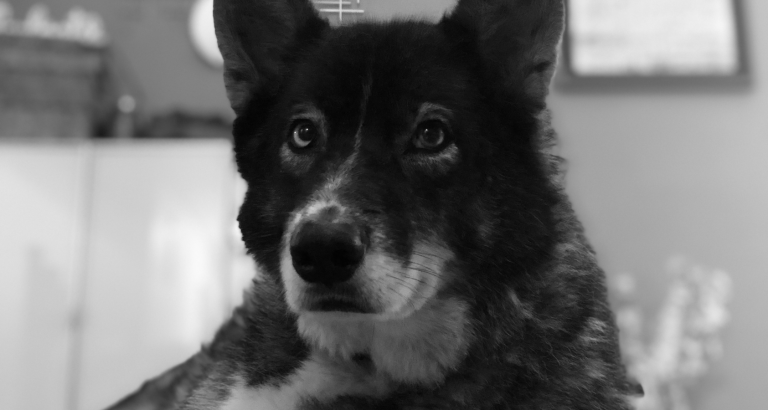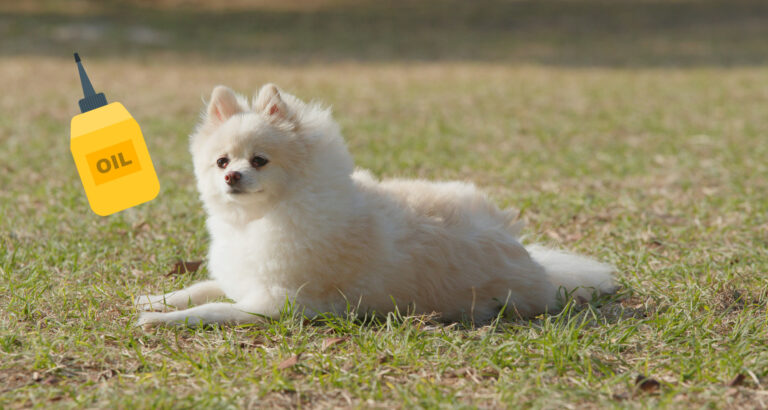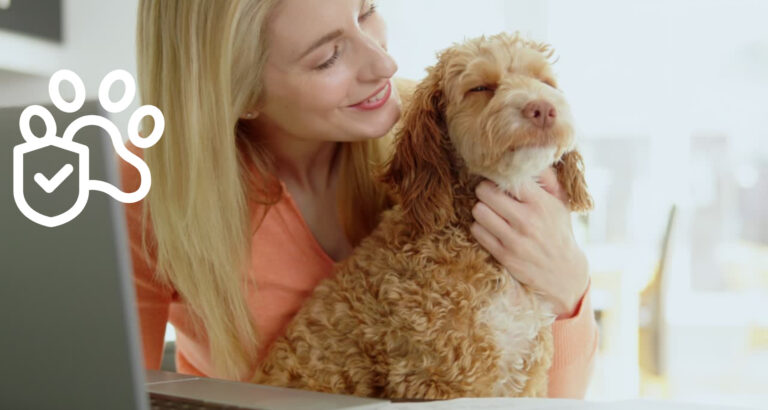Cough Drops and Dogs: The Do’s and Don’ts
Last updated on March 22nd, 2023 at 12:17 am
Reading Time: 8 minutesThis post may contain affiliate links. If you click and buy we may make a commission, at no additional charge to you.
Can Cough Drops Hurt a Dog?
Cough drops are designed to soothe the throat and lungs, which often get irritated from coughing and colds, respectively. Many cough drops contain sugar as one of their main ingredients. This raises an important question: can dogs have cough drops? The answer will depend on several factors that we’ll discuss in this article. Can cough drops hurt a dog, or should you avoid them? Let’s discuss it below.
Quick Answer
Maybe. Some cough drops are safe for dogs and some are not. It depends on the ingredients found in that specific cough drop. Sugar, menthol, eucalyptus oil, colors, and flavors are all common ingredients found in cough drops, and they can all induce stomach upset.
So, intentionally giving cough drops to your dog with flu is not a good idea, and the condition would be even worse if your pup found them in your medicine box. This article will also help you choose the best cough drops for dogs, as well as avoid some of the most common mistakes dog owners make when treating their pets with this medication.
Let’s dive in!
Can Cough Drops Hurt a Dog?
Yes, cough drops are safe for dogs. A cough drop is classified as a natural or homeopathic remedy. As such, it will not have any negative effects on your dog if he accidentally consumes one. However, since some cough drops include artificial sweeteners that can be toxic to pets, you should always read package instructions carefully before giving them to your dog.
You need to be very careful while putting flu supplies in cabinets and storing them out of your pet’s reach because if your dog comes across a cough drop or a package of cough drops, he is keen to try them. However, cough drops are good for humans but can be very dangerous for dogs.
Cough drops are unpleasant to use for two reasons:
- Firstly, it can cause choking in dogs
- Secondly, it has some ingredients which cause health issues for them.
According to the Animal Poison Control Center (APCC), if your pet ingests cough drops, you should first look at the ingredients list.
Here is a brief introduction of toxic ingredients you need to know to protect your canine friend.
XYLITOL
Xylitol is a sugar alcohol that helps cough drops sweeten without adding too many sweets. The drawback is highly hazardous for dogs, as too much of this toxin can cause liver failure and hypoglycemia. The worst part is that it can poison dogs, causing tremors or risk death.
A single cough drop is unlikely to cause severe gastrointestinal problems, but if your dog’s behavior changes, get veterinary help immediately. Cough syrup containing corn syrup and glucose is quite okay for your dog, but keep a close eye on him so he won’t take too much.
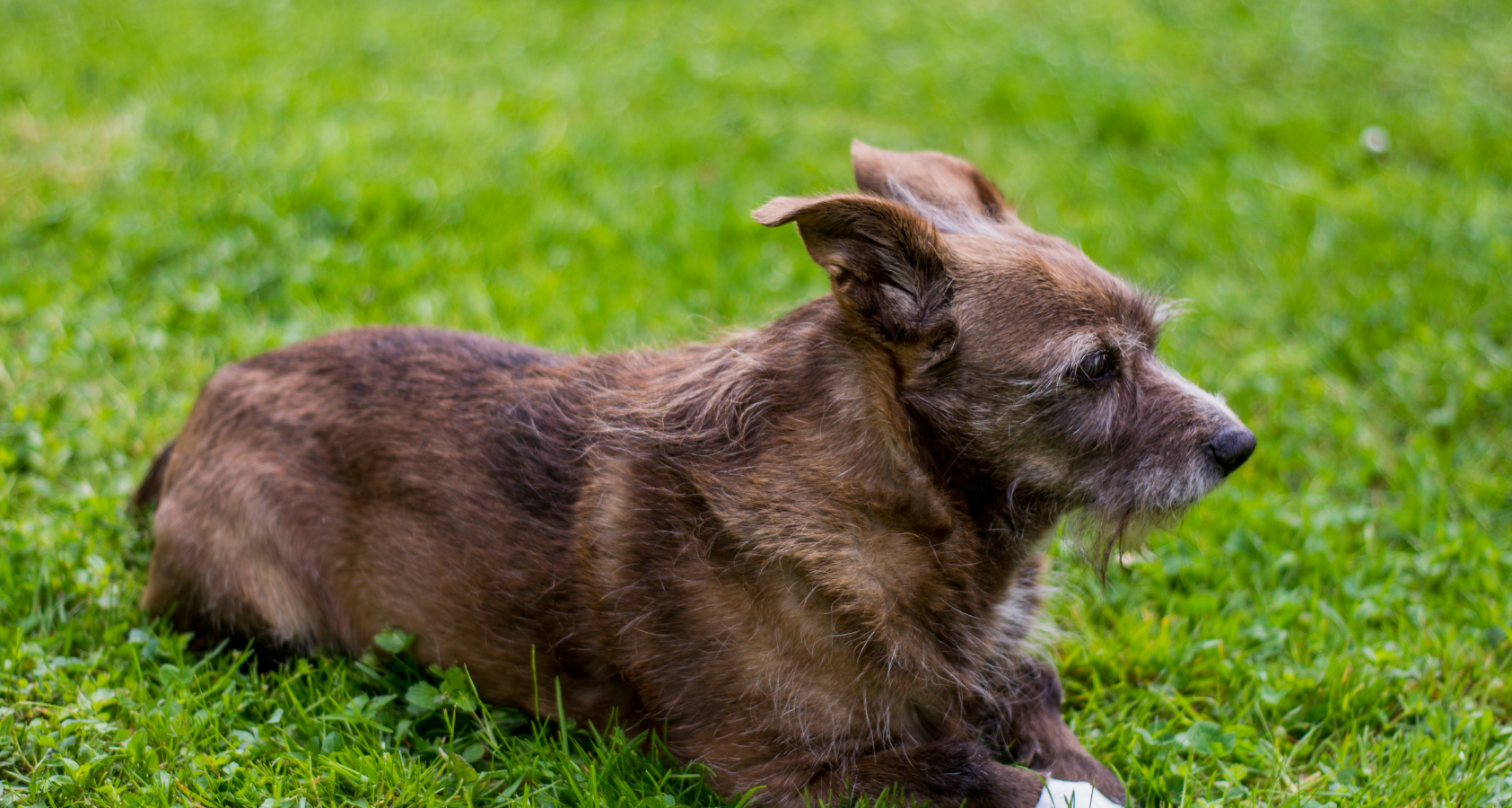
Menthol
Cough syrup also contains another toxic ingredient for dogs which is Menthol. Menthol soothes throats and suppresses cough, but it’s not the case for dogs. If your dog ate a cough drop with Menthol, you should be worried at first because it causes breathing issues in dogs. It’s unlikely to harm an adult dog. Still, it can cause “rapid cooling” in pups, which decreases blood oxygen levels and makes it difficult for newborn puppies or just weaned puppies to breathe and intake oxygen.
Benzocaine
Benzocaine seems to be another ingredient that needs to be taken into consideration. The most common side effect of benzocaine is gastrointestinal distress. Furthermore, a high dosage of benzocaine causes anemia in dogs called Methemoglobinemia which is rare but dangerous.
Although benzocaine is a local anesthetic, it numbs the throat and mouth when swallowed or chewed. Make sure your dog isn’t vomiting nonstop or has swelling in the face or jaw. It also provides a risk since numbing their tongues and throats can cause choking in dogs.
Choking Hazard
Besides cough drops ingredients, drops also increase the choking risk in dogs. If your dog cannot chew a cough drop, they may swallow it whole, causing choking. It has been known to occur with several small objects, and smaller dogs are prone to choking on cough drops.
Obstruction
Cough drops can also cause obstruction in the intestines, which is one of the additional concerns for your dog. While your pet will most likely swallow the cough drop along with wrappers, such as those found in plastic wrappers, they are not always digested.
If your dog consumes enough of them, they might cause intestinal blockage, which may require surgery – they won’t be able to use the bathroom, and if not treated right once, they could die from a severe blockage.
Eucalyptus Oil
Many essential oils, such as eucalyptus oil, tea tree oil, cinnamon, citrus, peppermint, pine, wintergreen, and ylang-ylang, are straight-up toxic to pets. These are toxic whether they are applied to the skin, used in diffusers, or licked up in the case of a spill. Expect your dog to get eucalyptus poisoning if a dog eats a Halls cough drop. The symptoms begin with vomiting but gradually lead to seizures, depression, and other health issues.
The Do’s and Don’ts
Cough drops can be a great way to treat your dog’s sore throat, but they aren’t ideal for all dogs. If you’re giving your dog cough drops, you should know what kind of throat irritations they are intended to treat, how much to give them, and how often you should use them. Here are a few things to keep in mind when using cough drops with your pet.
Read on for more information about canine cough drops safety.
Most over-the-counter (OTC) cough drops target a dry or irritated throat caused by an infection. This includes common ailments like strep throat, tonsillitis, and laryngitis as well as minor infections such as those that cause cold symptoms. Cough drop remedies typically contain one or more pain relievers including menthol, phenol, camphor, or eucalyptus oil which can soothe an irritated throat by reducing swelling and pain while also cooling it down. Some OTC remedies also include ingredients like acetaminophen or ibuprofen which may provide additional relief from pain or fever associated with these illnesses.
Do’s When Giving Cough Drops
- Check the packaging and ingredients to make sure it’s safe for your dogs.
- Consult your vet
- Make sure you read each product’s label to determine how often they should be used. However, give less than that amount.
Don’ts When Giving Cough Drops
- Don’t overdose with the number of cough drops being given
- Don’t give daily, or even hourly
- If your dog has a medical condition. Don’t give him/her cough drops no matter what!
How Many Cough Drops Can I Give My Dog?
When treating your dog’s sore throat, you will want to follow their weight guidelines closely. You especially don’t want to overdose on your dog because doing so could result in serious side effects or even death. So pay serious attention to the packaging of that specific cough drop.
Can I give my dog cough drops every day?
No, you shouldn’t give your pet cough drops daily. You shouldn’t administer them more than twice a day unless otherwise directed by a veterinarian. Too many cough drops can lead to stomach irritation or other side effects which means it is best to only use them as needed.
Can Cough Drops Kill a Dog?
Cough drops include some ingredients that are harmful to dogs. Like carbonated water is bad, a single cough drop can cause only minimal gastrointestinal discomfort if your dog’s health or behavior changes seek medical help immediately.
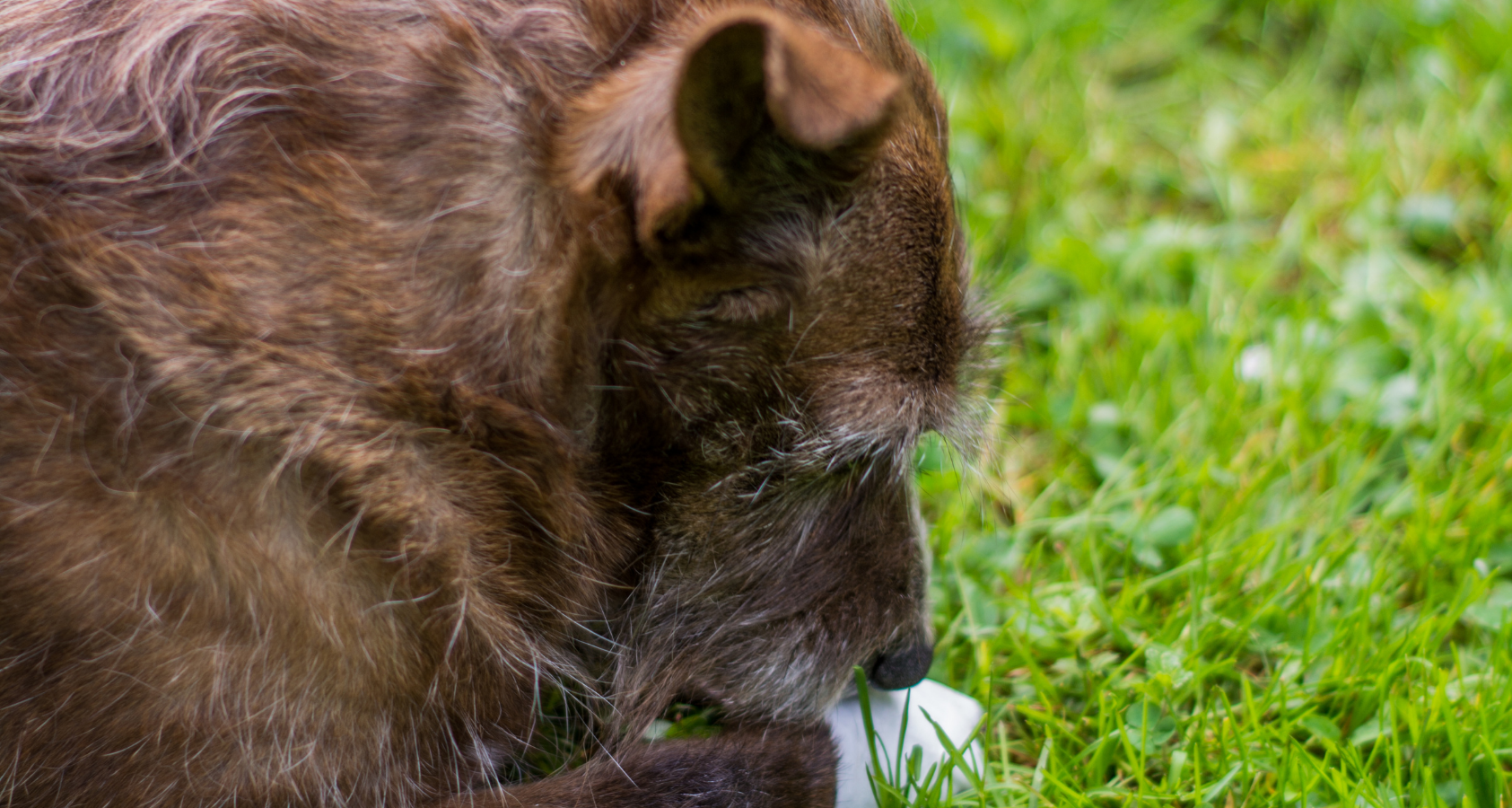
Safety precautions to take when using cough drops on your dog
With any over-the-counter medication for dogs, it’s important to check with your vet first. Always consult your vet before administering a cough drop to your dog, especially if you have an older or sick dog. If you’re not sure how he will react. Your vet can also recommend other options in addition to cough drops.
There are many different types of cough drops on the market. Some contain codeine, while others don’t. If you use a product containing codeine, always keep it out of reach of dogs. Also be aware that some products contain xylitol, which can be toxic to dogs. Before buying cough drops for your dog, read labels carefully so you know what’s inside each package. Not all Cough Drops are toxic to dogs.
My Dog Ate Cough Drops – What Should I Do?
It’s important to know that, in most cases, dogs can handle cough drops just fine. It is also important to remember that, while they are not a cure for a sore throat or cough, their menthol properties do relieve some of that discomfort.
You may notice your dog barking more frequently when using cough drops. If you see other signs of distress such as drooling or loss of coordination, it is best to contact your veterinarian immediately. In addition to these symptoms, you should call your vet if your dog has consumed multiple cough drops (over three) within an hour.
If your dog ate cough drops, you should first write some notes to know what to say to the vet when you speak with them.
- Count how many drops your dog took. Have you recently caught your dog taking one or two? Or did they consume the entire bag?
- Next, look at the ingredients first. Not all cough drops are harmful to dogs. Cough drops with Menthol, benzocaine, and xylitol are meant to be more dangerous than others.
- Check the wrappers to find out if they are gone too. Your dog can eat cough drops with wrappers, which will increase the chance of blockage in their digestive tract.
- Go To The Vet!
What Are Some Alternatives To cough Drops For Dogs?
If your dog doesn’t respond well to cough drops, there are several alternative treatments available. Talk with your vet about their options and choose something that works best for both of you!
One popular option is to mix honey into your dog’s food. Honey contains anti-inflammatory properties that work to reduce swelling and pain, making it a safe and effective treatment for sore throats.
Many veterinarians also recommend giving pets chicken soup, especially homemade chicken soup made with organic ingredients. Chicken broth helps thin mucous membranes, making it easier to expel phlegm. Not only does chicken broth taste delicious, but it is super easy to prepare too!
Other natural options include warm water mixed with apple cider vinegar or lemon juice. Mixing equal parts of water and apple cider vinegar creates an antiseptic solution that helps relieve inflammation in your pet’s throat. Lemon juice works similarly by breaking up mucous buildup.
Conclusion – Are Cough Drops Safe For Dogs?
While it is fine to administer cough drops to a dog if you are certain of their safety, I would recommend speaking with your veterinarian before giving them to your pet. It may be difficult to know whether or not cough drops are safe for dogs, so consulting with your vet may be beneficial.
If your dog has an underlying medical condition, such as allergies or asthma, then it may be best to avoid giving them cough drops. If they have been prescribed medication by a doctor, make sure that there aren’t any conflicts between medications and candy-based throat lozenges. And lastly, always make sure that any candy-based products are made specifically for pets before administering them!
About The Author
I'm a content writer and researcher. But bottom line, I loveee animals. I had my first animal which was a guinea pig at age 8. Later had a bunny, dog and a lot, a lot of fish. Writing about what I know about pets will allow me to share my knowledge and love for them with everyone else. Dealing with dogs my entire life, I know a lot.

